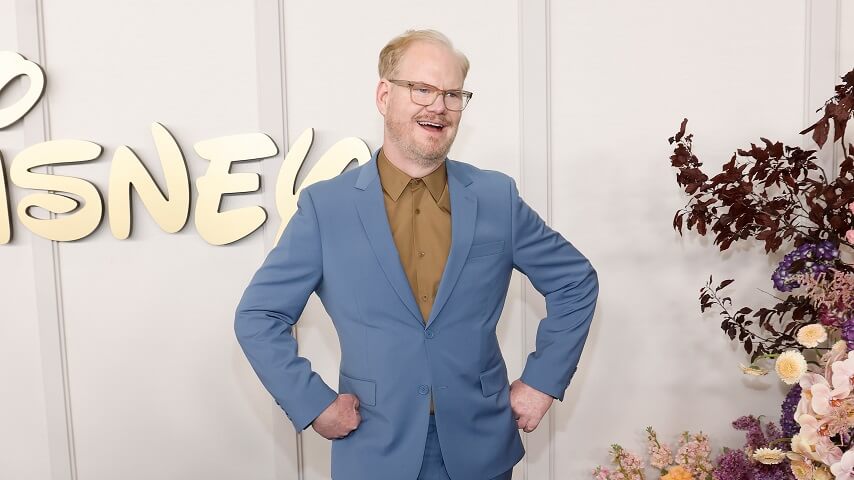Now, though, several of Netflix’s increasingly sturdy rivals in the streaming sphere are coming for the comedy king. THR issued a new report this week tracking efforts from Hulu, Amazon, and even Max to break Netflix’s stranglehold on the world of comedy specials—noting, for instance, that Bill Burr reportedly just accepted an alleged $15 million payday to take his next special to Hulu, despite having previously been a Netflix guy. That’s to say nothing of Jim Gaffigan, the clean-mouthed, monstrously well-paid ronin of the streaming comedy world, who kicked off Amazon’s line of stand-up specials in 2019, and is set to do something similar for Hulu this year. Bidding wars, the report notes, are becoming increasingly common.
Meanwhile, it’s also interesting to dig a bit into the economics of why this is all playing out the way it is. A lot of it is cost: Paying a comedian $10 million to license a special might sound like a lot, but it’s actually a bargain compared to, say, making a TV show or movie, especially since most such specials have ridiculously low overhead, and comparable viewing numbers. (And that’s before you get into the bargain-ish trial balloons Netflix still does for less-known comics, who typically pick up $200,000 as a license fee for their first special.) At the same time, comedians are still reaping the major benefit televised comedy specials have always generated for them: Advertising for their tours, with a number of comics (Nate Bargatze is the really big one, but there are plenty) exploding in popularity (and crowd draw) after getting championed by Netflix. (One agent quoted in the THR report, meanwhile, notes that all of this is happening in a market where demand for filmed stand-up is staying steady or even rising, as the film industry has largely abandoned the mid-tier comedy film.)
All of which has led the streamers to struggle to distinguish themselves from each other when courting comics, including the absurdist assertion that Hulu is hoping to be the “Target to Netflix’s Walmart”—an actual selling point floated by the streamer’s former head of comedy. (It means, roughly, way fewer specials, just a dozen or so a year—along with a potential chance to get hooked into parent company Disney’s infrastructure of film and television projects if things go well.) Amazon, unsurprisingly, is pulling out the big guns in terms of both cash and access; they made a big statement by going after Gaffigan as their first pick, in terms of the “Main Street America” brand they’re pushing. And Max, waving the old HBO flag, is the place to go if you want an Emmy nomination—even if, as people apparently noted to THR, “I just wish more people were watching.” (Max is down on the low side of market share for the major streamers, commanding just 1.4 percent of Nielsen viewers, according to a recent report, as opposed to Netflix’s hefty 8.4 percent.) Netflix, meanwhile, still has the market cornered in terms of both eyeballs and talent relations: Sarandos still co-runs the company, and it’s clear his comedy nerd-ery is still a key part of the streamer’s philosophies.
So, yeah: Expect more stand-up specials (and accompanying paychecks) in the near future, as the Streaming Wars find this latest battleground to wage themselves upon.

